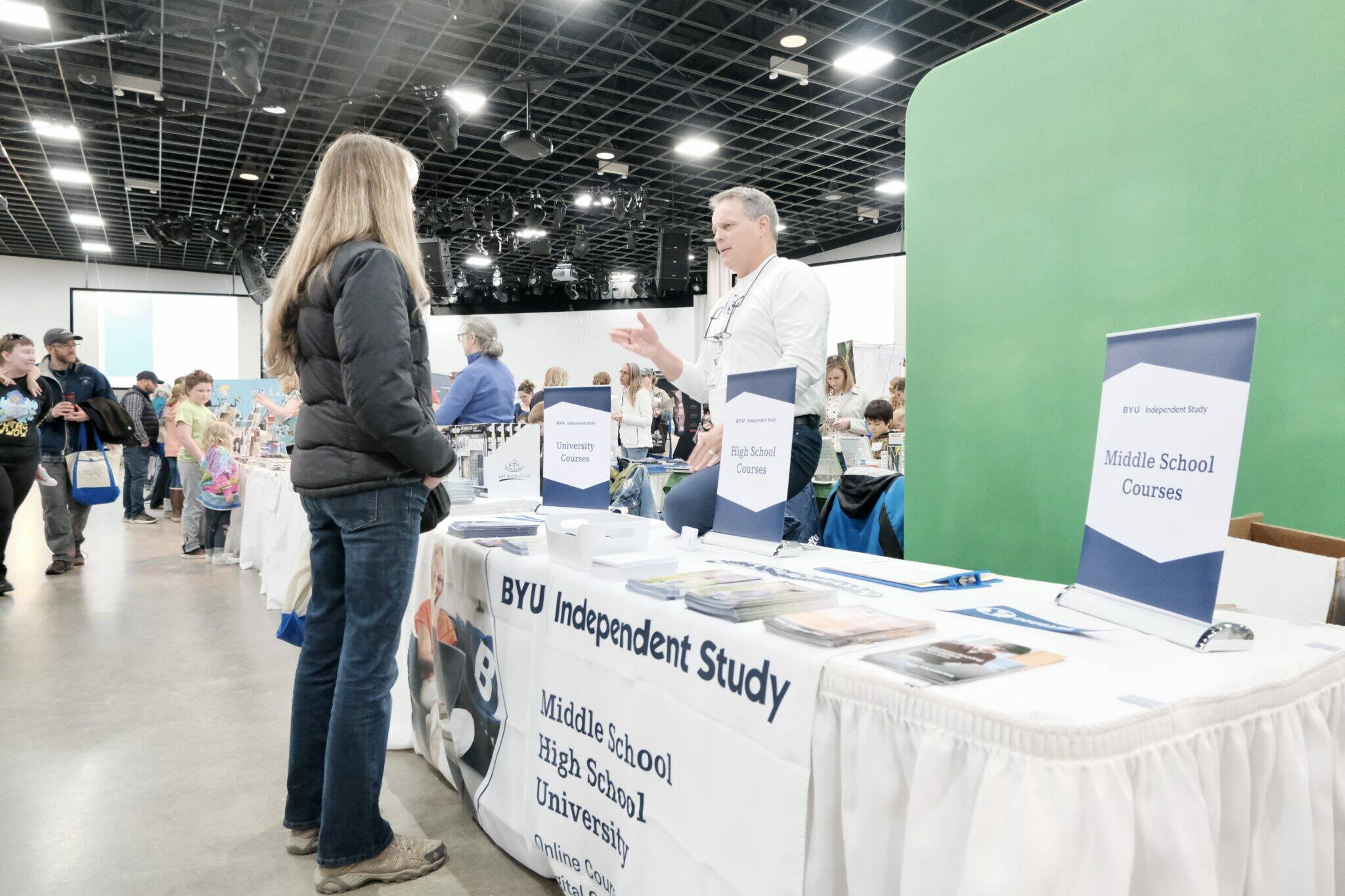Regulations intended to stabilize Alaska’s correspondence school program are not coming soon, state officials said at a Board of Education and Early Development meeting on Wednesday.
Lawmakers directed the state’s Board of Education and Early Development to adopt regulations that preserve the learning plans that the mostly homeschooled students use to stay on track with their education. A court ruling found key parts of state statute to be unconstitutional because a limited number of those students use state money to take classes at private schools.
The bill containing that direction has yet to be transmitted to Gov. Mike Dunleavy for his approval or veto.
More than 22,000 Alaska students are enrolled in the state’s public correspondence programs and the ruling left families and programs unsure of how to proceed.
The state appealed the court ruling that struck down the correspondence states and arguments are scheduled for June 27.
That means any new regulations are unlikely to come before July and may not come at all, Assistant Attorney General Susan Sonneborn told the board at its June meeting in Kotzebue. She briefed the board on how the Department of Education and Early Development is working with Gov. Mike Dunleavy’s administration to craft regulations.
When board members asked if they could review the regulations before the July meeting, Sonneborn said the state will “wait and see” if regulations are needed.
“The tricky part is that we need to know what the Alaska Supreme Court is going to say,” she said. The state has appealed the court ruling that struck down the correspondence statutes.
Some legislators have pushed for the board to act before the final court ruling, but the state will not do that, Sonneborn said.
“It may not even be necessary to have regulations, because the Supreme Court could decide to overturn the Superior Court decision, in which case then we have our statutes in place already; we wouldn’t need regulations,” she said.
The same legislation also directs the education department to start monitoring allotment spending. DEED did not provide details about any plans to implement this at the meeting.
• Claire Stremple is a reporter based in Juneau who got her start in public radio at KHNS in Haines, and then on the health and environment beat at KTOO in Juneau. This article originally appeared online at alaskabeacon.com. Alaska Beacon, an affiliate of States Newsroom, is an independent, nonpartisan news organization focused on connecting Alaskans to their state government.

